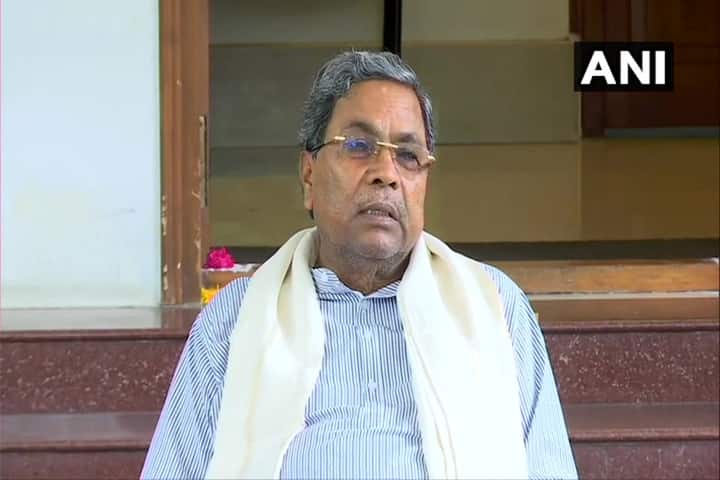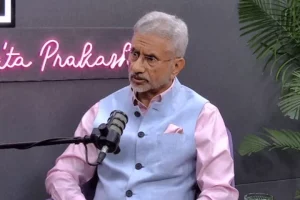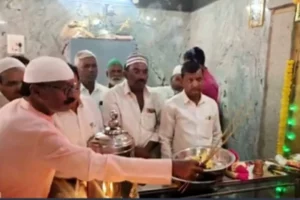Bengaluru: Even as Prime Minister Narendra Modi taunted the opposition parties about the offer of freebie guarantees to win elections as a “guaranteed scam of Rs 20 lakh crores vs BJP’s guarantee of good governance,” the originator of guarantees, the Karnataka Congress government led by Siddaramaiah on Wednesday did a strange somersault about its flagship guarantee scheme of free supply of rice to the poor.
Having promised “10 kg of rice per head per month” free of cost to people under the ‘Anna Bhagya’ scheme, but unable to find enough ‘cheap’ rice in the market, the Siddaramiah cabinet has decided to offer Rs 34 per kilo per person directly into their bank accounts from July 1.
The ‘Anna Bhagya’ scheme will now be limited to 5 kg of rice being supplied free of cost by the Centre since the onset of Covid-19 in 2020 – without acknowledging it – and giving cash compensation towards the remaining five kilos.
No clarity on compensation
While the Karnataka government has decided to offer money in lieu of rice, there is no clarity on how many persons in a household will be “compensated.” Law Minister HK Patil at a press conference, offered a calculation of Rs170 for a family of five at Rs 34 per head, but as a matter of fact, it should be Rs 1,700 per family of five every month, taking 10 kilos per head into consideration.
On a conservative estimate, the finance department has calculated that the compensation scheme would need at least Rs 10,000 crore per annum and the overall cost of the five guarantees, as envisaged now, would require over Rs 1 lakh crore, almost half of the state’s budget of Rs 2.15 lakh crore last year. A senior government officer said, “Every transaction will include a 20% to 30% commission, which is what the ruling party legislators and ministers are interested in.”
With so much “wasteful expenditure”, what will be the fate of Karnataka’s economy, is anybody’s guess.
Breaking promise
The Opposition BJP was quick to pounce on the “Dhokha Congress Sarkar,” which not only failed to keep its promise, but was now putting the blame on the Centre of allegedly “betraying the poor” when it was the Congress’s responsibility to find rice in the open market for free distribution and ffer 10 kilos plus 5 kilos as promised.
Food and Civil Supplies Minister KH Muniyappa said that since the Centre had refused to supply additional rice citing the drought situation and the need to keep emergency stocks, the government had decided to offer cash compensation to the people until the procurement of rice was streamlined.
The Karnataka government had approached several states including Andhra Pradesh, Telangana, Punjab, Haryana and Chhattisgarh asking for rice, but except Chhattisgarh, none of the others responded positively. The Congress-ruled Chhattisgarh offered one lakh tonne every month at Rs 56 per kilo, which along with transportation cost, was found to be unviable. Karnataka dropped the idea of buying rice from that state.
The Siddaramaiah government went back to central food agencies, which were ready to supply rice to Karnataka as directed by Home Minister Amit Shah, whom Siddaramaiah had met, but again the cost was found to be prohibitive.
There is no clarity on how the compensation would be calculated as the Congress’s election promise was “10 kilos of rice to everyone in the family.” The BJP was quick to point out that if it had been decided on financial compensation, the government should clarify on who all would be compensated. A BJP leader said, “Leaving out children below 12 years, the scheme should include teenagers as they, given their youth, would consume as much food as the elders….So, the government should not ignore them.”




















